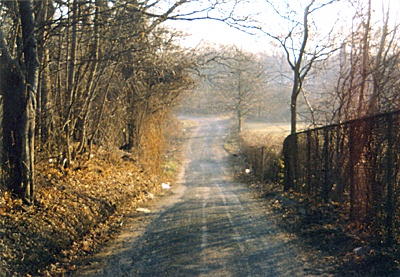All Nonfiction
- Bullying
- Books
- Academic
- Author Interviews
- Celebrity interviews
- College Articles
- College Essays
- Educator of the Year
- Heroes
- Interviews
- Memoir
- Personal Experience
- Sports
- Travel & Culture
All Opinions
- Bullying
- Current Events / Politics
- Discrimination
- Drugs / Alcohol / Smoking
- Entertainment / Celebrities
- Environment
- Love / Relationships
- Movies / Music / TV
- Pop Culture / Trends
- School / College
- Social Issues / Civics
- Spirituality / Religion
- Sports / Hobbies
All Hot Topics
- Bullying
- Community Service
- Environment
- Health
- Letters to the Editor
- Pride & Prejudice
- What Matters
- Back
Summer Guide
- Program Links
- Program Reviews
- Back
College Guide
- College Links
- College Reviews
- College Essays
- College Articles
- Back
Extinction Due to Human Activity
EXTINCTION DUE TO HUMAN ACTIVITY:
We know that biodiversity is very important to our ecosystem, and our world, yet for a very long time human activity has been causing massive extinctions. The Millennium Ecosystem Assessment, released in March 2005 highlighted a “substantial and largely irreversible loss in the diversity of life on earth,” with some 10-30% of the mammal, bird and amphibian species threatened with extinction, due to human actions.
1 out of 8 birds, 1 out of 4 mammals, 1 out of 3 amphibians, and 6 out of 7 marine turtles are all in danger of becoming extinct due to us humans. These numbers are way to high considering we need these species in our ecosystems. The 5 principal pressures on biodiversity are persistent if not intensifying with time. The first is Habitat loss and degradation, second is climate change. Third excessive nutrient load and other forms of pollution, fourth over exploitation and unsustainable use, fifth is invasive alien species. Many of these I believe we can and should control better than we are today. Habitat loss is a problem facing many species, we need to be more careful about the places we build on and tear down, and work on cutting our pollution levels. Also by controlling industrialized fishing, which has contributed greatly to the endangered marine life.
In a slow extinction, various balancing mechanisms can develop, but no one knows what will result from this extreme rapid extinction rate. One thing that is known for sure is that our ecosystem survives and thrives with a complex balance of interactions between a large number of species, and this rapid extinction can cause a collapse of ecosystems on a global scale. While it might not sound like it directly affects us it does. It threatens food supplies and hundreds of millions of people.
Over a million species will be lost in the next 50 years. This isn’t a state problem, or a national problem; this is a global problem that we all must work together to solve, it must be addressed immediately in order to save these animals and ourselves.

Similar Articles
JOIN THE DISCUSSION
This article has 0 comments.
